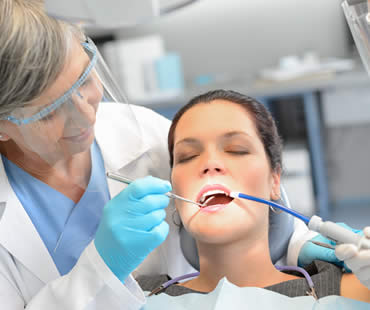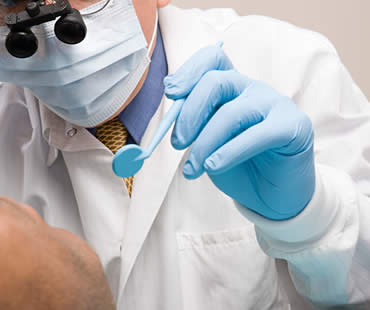Do you have apprehensions regarding dental exams or therapies? Do you find yourself worrying about your teeth and concerned about exams? You are not alone. Many people experience anxiety or fear regarding the dentist’s office. You might want to consider sedation dentistry.
Qualified sedation dentists are able to work with you to get the dental care you require without the burden of fear or nervousness that might lead you to postpone work.
Sedation dentistry therapies are overseen and administered by specially trained dentists and dental technicians. These dental professionals have undergone hours and hours of special education in sedation equipment, techniques and medications. These trained individuals are aware of the best sedation options for each patient type, and they can administer them safely and reliably.
If you are thinking about sedation dentistry for your next dental treatment, consider the following:
- How much education does the dentist have related to sedation dentistry? What continuing education programs have been completed that specialize in anesthesia and conscious sedation?
- What organizations does the dentist belong to that provide ongoing education to keep the dentist and staff apprized as to the latest techniques and research? A good sedation dentist is always looking to learn new procedures that can benefit his or her patients, and can do so through professional organizations such as the American Dental Society of Anesthesiology.
- What equipment is in place to monitor a patient’s level of sedation? Sedation dentistry cannot be safely practiced without a pulse oximeter and oxygen equipment. Medications should be on-hand to reverse any rare reactions to the sedation.
It’s your right as a patient to have answers to these and all of your questions before you undergo any dental therapy. Your dentist should be very forthcoming. Having the right information allows you to make the right decisions for you and your dental care. Talk to your dentist today regarding these and any questions you have about sedation dentistry or his or her qualifications. Get the best care you need, and skip the worry!
Our dental office is located in Weymouth









